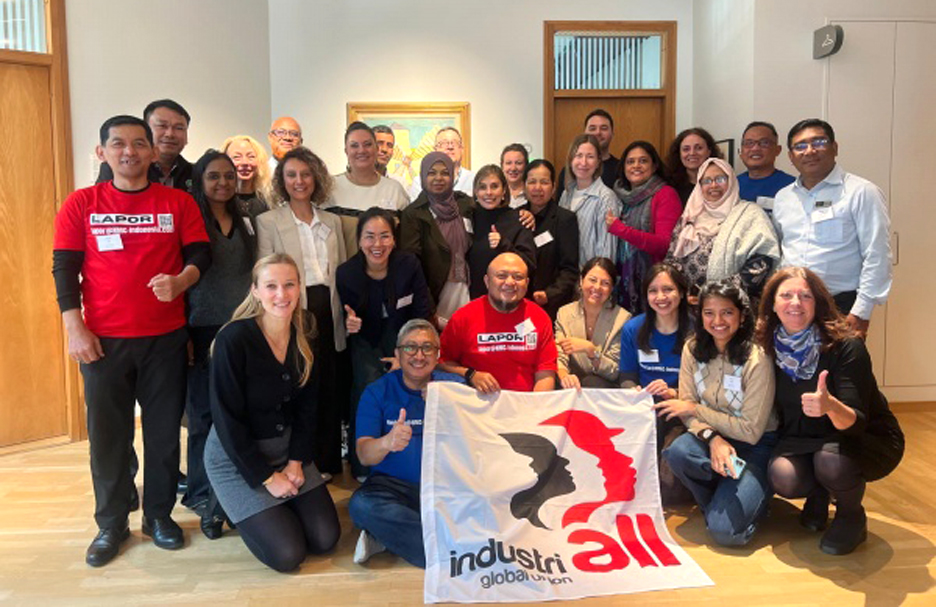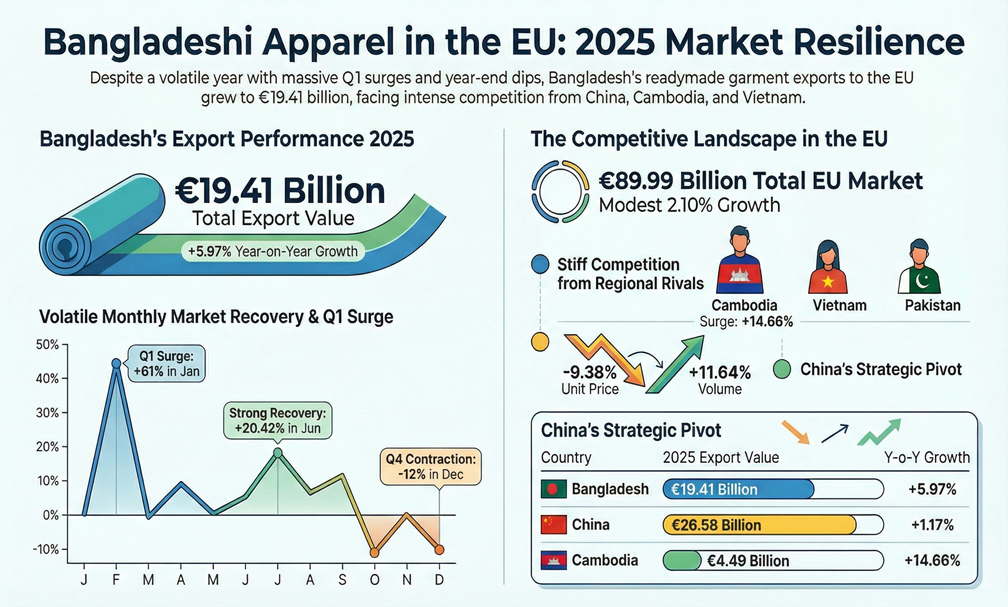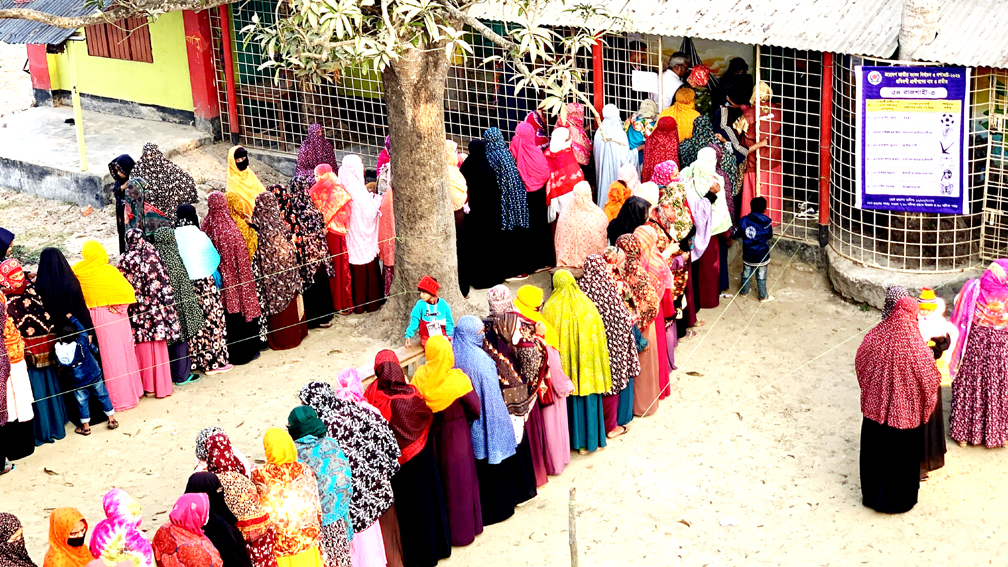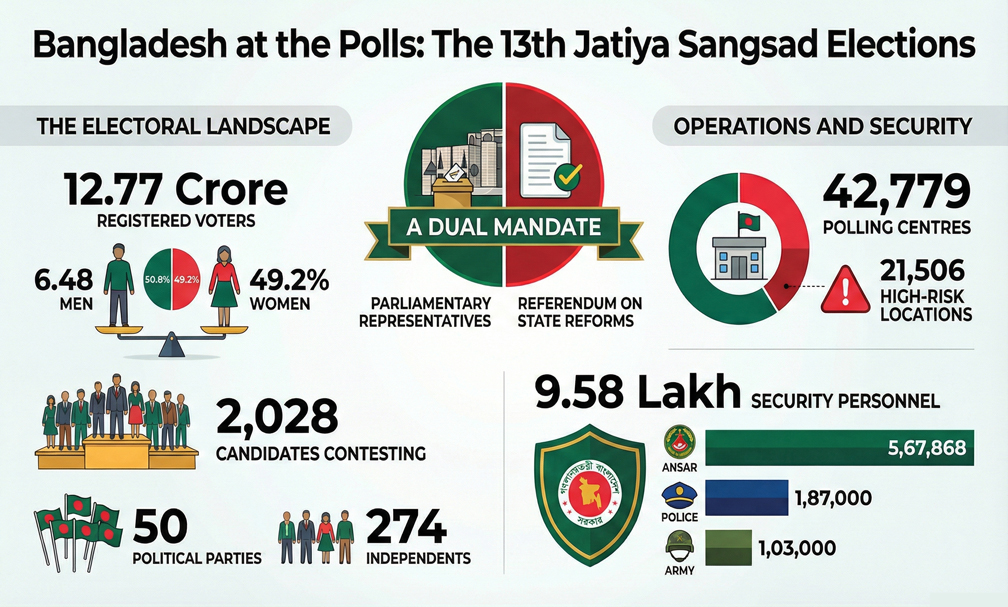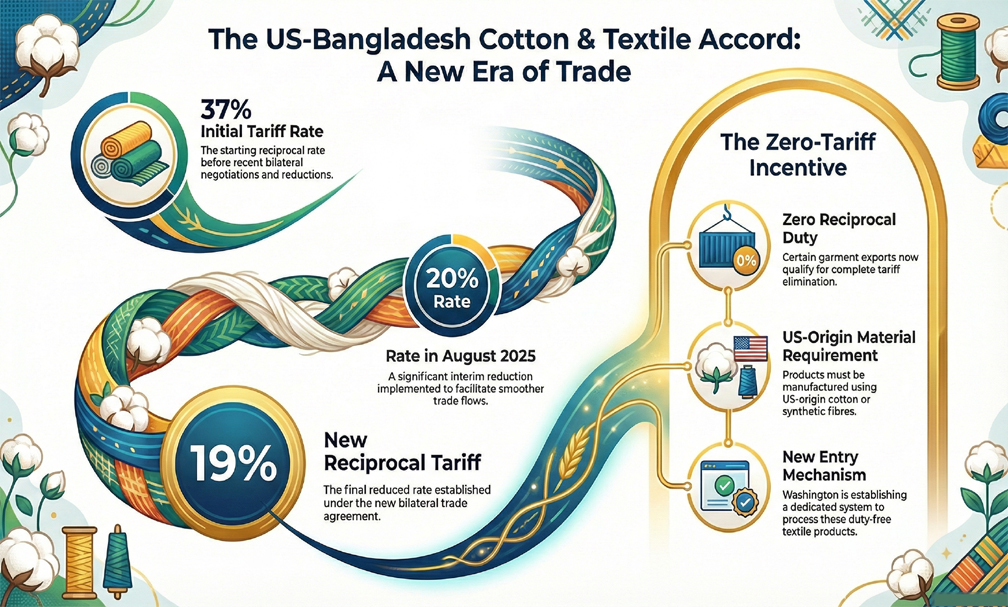Union leaders from Bangladesh, Türkiye, Cambodia and Indonesia gathered in Stockholm on October 2 to mark the 10th anniversary of H&M’s global framework agreement (GFA) with international trade unions, a landmark accord aimed at protecting workers’ rights and improving conditions across the company’s supply chain.
Since its signing in 2015, the agreement has provided a platform for joint action to protect the right to unionise and bargain collectively, leading to notable improvements in working conditions across the company’s supply chain.
Union representatives at the event praised the accord as a major achievement in advancing workers’ rights.
Nazma Akter, president of the Sommilito Garments Sramik Federation in Bangladesh, said the agreement had created a solid basis for organising and bargaining, fostering ongoing social dialogue with employers that enabled unions to secure rights such as parental leave and to address issues like workplace harassment.
From Türkiye, Fulya Pinar Özcan, head of international relations at the textile workers’ union Öz İplik İş, emphasised that the agreement linked local struggles to global accountability.
She explained that it strengthened freedom of association, collective bargaining and protection against union-busting, while giving members a voice that extended far beyond their own factory.
Indonesian union leader Eko Purwantoro of SPN also highlighted how the agreement safeguarded fundamental human and trade-union rights.
He said that it delivered tangible benefits for workers by improving conditions, opening direct channels of dialogue with global management, preventing union-busting and bolstering union power through international solidarity.
Over the past decade, the GFA has not only enabled negotiations on key issues but has also provided training for both union leaders and company managers on workers’ rights, negotiation techniques and conflict resolution, IndustriALL Global Union said in a statement.
IndustriALL, a global union representing over 50 million workers in the mining, energy and manufacturing sectors, including the readymade garment industry across more than 140 countries, said that the GFA has contributed to more constructive relationships between the parties involved.
Christina Hajagos-Clausen, textile and garment director at IndustriALL, described the agreement as transformative, saying it gave unions a formal seat at the table and a direct line to decision-makers at one of the world’s largest fashion brands.
She said that it had brought real progress on wages, safety and dignity at work, strengthened the ability of unions to defend workers against intimidation, and demonstrated that international solidarity can deliver concrete improvements on the factory floor.


